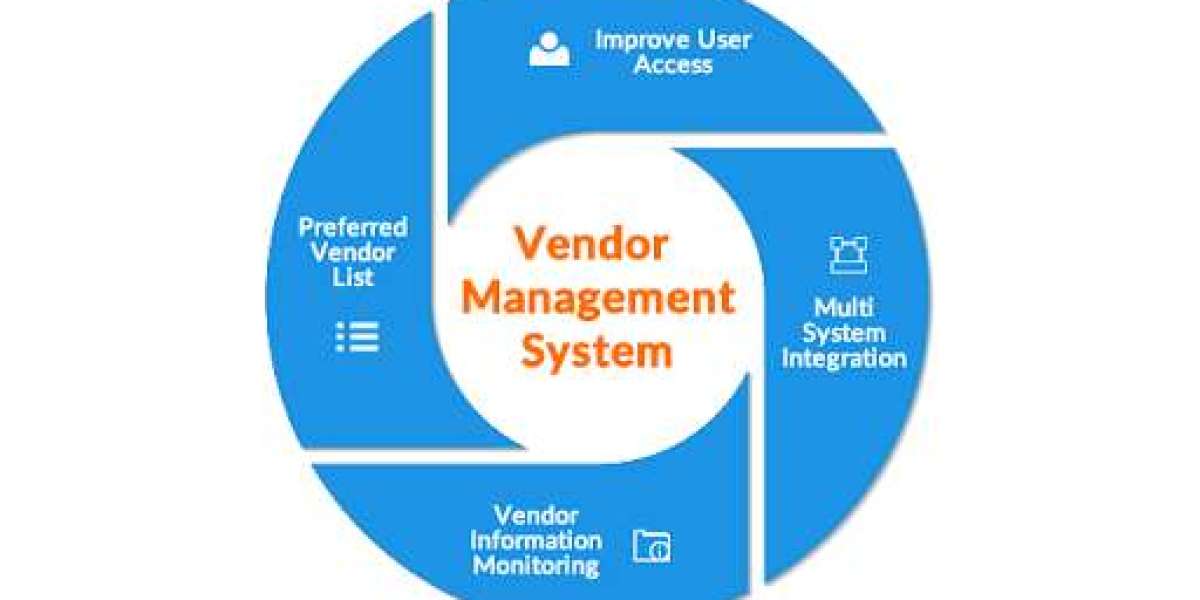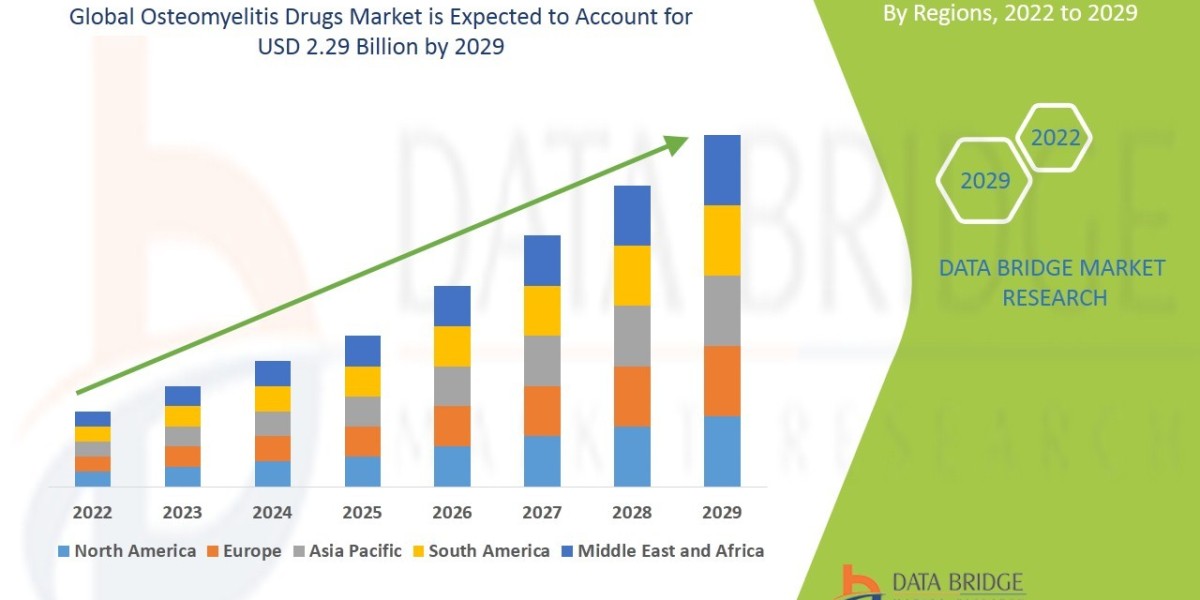Businesses rely heavily on external vendors and suppliers for products and services. Managing these vendor relationships is crucial for operations, compliance, and reducing costs. This is where a robust vendor management system comes in - to streamline and optimize the entire vendor lifecycle.
As we step into 2024, vendor management continues to be a critical function. With digitization, automation is no longer an option but a necessity for businesses to stay competitive. This article looks at some of the best vendor management systems that enable and simplify vendor relationships.
What is a Vendor Management System?
A vendor management system (VMS) is a software platform designed to optimize and streamline vendor relationships through comprehensive functionalities that span the entire vendor lifecycle. A VMS aims to improve vendor engagement, enhance risk mitigation, drive cost reduction, and enable faster cycle times when collaborating with third-party partners. A feature-rich VMS provides the following important functions:
Vendor Information Management: Collect and maintain a centralized database of all vendors, with relevant details like capabilities, categories, SWOT profiles, registration information, contact data, and more. This single source of truth enables organizing, segmenting, and easily accessing master vendor records.
Vendor Onboarding and Screening: Automate cumbersome tasks associated with partner registration through configurable onboarding checklists and approval workflows. Background verification procedures assist in identifying and vetting new vendor partners.
Purchase Orders and Procurement: Raise, route, approve, and fulfill purchase requisitions, turning them into official purchase orders for suppliers. Compare bids through RFP workflows and easily find preferred vendors through item catalogs.
Invoice Processing and Payments: Transition invoices into payables by data extracting key details, appending PO data, and auto-verifying line items. Integrate payments functionality for faster vendor payouts.
Performance Management: Define SLAs, build scorecards tied to targets, conduct routine assessments, and analyze metrics through interactive reports and dashboards to monitor vendor KPIs continuously.
Contracts and Documents: Maintain a centralized, searchable database for all contractual agreements and supporting documents. Set reminders around renewal timelines.
Compliance and Risk Management: Comply with internal policies and external regulations around vendor partnerships by risk profiling, due diligence checks, and routine audits.
With a range of critical capabilities consolidated on a unified platform, VMS solutions empower businesses to gain end-to-end visibility and drive higher efficiency across their supplier relationships.
Leading Vendor Management Systems of 2024
Here are some of the most popular and advanced vendor management platforms:
ProHance
A cloud-based all-in-one tool, ProHance is the leading choice of many companies for vendor system management. It is pre-integrated with the necessary business enablement services that suppliers require to use. ProHance also provides endpoint visibility for greater access control. This makes it a completely secure vendor access solution.
Kissflow Vendor Management
Kissflow offers an end-to-end cloud-based VMS with 500+ prebuilt templates for workflows. It automates manual tasks like vendor registration, onboarding, PO, and invoice approvals. Advanced features include global regulatory compliance, total spend analysis, contract management, and more.
Procurify
This is a highly user-friendly platform for intelligent spend management across the procurement lifecycle. It offers flexible workflows, intelligent approvals, and 22+ report templates. Key features include invoice automation, budget control, purchase orders, and integrated payments. It also enables total visibility into spend with drill-down analytics.
Tipalti
Specifically designed for accounts payable automation, including supplier payments, Tipalti is a popular choice for effective vendor management. It ensures faster payments to vendors through various payment modes. Other capabilities include tax compliance, invoice processing, supplier portals, and supply chain insights. The easy-to-use interface and comprehensive functionalities make Tipalti a top choice.
AuditBoard
AuditBoard offers integrated risk management covering vendor due diligence, compliance, and audits. Its key highlight is streamlined third-party risk assessment. Other features include vendor questionnaires, risk profiling, document management, and timely insights through dashboards. It also facilitates regulatory compliance such as SOX, GDPR, ISO, etc.
Quickbase
Quickbase is a flexible VMS platform that helps manage multi-vendor environments with ease. It allows the creation of custom workflows, applications, and reports tailored to business needs. Some of its capabilities include vendor registration, purchase orders, invoice tracking, payments, and contract management powered by a centralized data hub.
Zycus
Zycus offers a comprehensive source-to-pay suite consisting of eProcurement, eSourcing, Contract Management, Financial Savings Management, and Performance Management modules. This 360-degree approach covers the source-to-pay cycle for efficient buying decisions. It also provides spend analysis, contract compliance, and standardized catalogs.
Rossum
Rossum is smart data extraction software that automates invoice processing using AI. It captures all details from vendor invoices and integrates with various accounting systems. Rossum also parses documents like purchase orders and quotations and can export cleanly structured data. Its self-learning abilities make it stand apart from traditional data capture tools.
Worksite
Worksite provides a holistic vendor management solution for the flexible workforce, including temporary staffing, independent contractors, and statements of work-based engagements. Its unified platform handles vendor credentialing, onboarding, compliance, payment automation, and workforce planning.
Key Evaluation Criteria
With a vast landscape of vendor management solutions to evaluate, it is vital for businesses to zero in on critical aspects that closely align with their specific needs and priorities. A structured approach should be followed to assess platforms and determine the best fit objectively. The key criteria to consider during vendor evaluations include:
Depth of Functionality Across the Vendor Lifecycle: Analyze how comprehensively a platform manages end-to-end phases from vendor onboarding, procurement, and Invoice processing to relationship management, risk control, and offboarding. Assess standard and advanced functionalities to gauge the extent of support across the external partner journey.
Level of Workflow Automation: Review how mundane manual tasks and complex decision flows are automated through rules-driven workflows, simplifying processes for operational efficiency gains.
Advanced Analytics and Reporting: Examine embedded analytics capabilities and reporting functionality to measure how well a system provides actionable, real-time visibility into spend, performance benchmarks, and risk metrics that enable data-driven decisions on vendors.
Integration Capability with Existing Systems: Determine ease of connecting the vendor management system with surrounding enterprise applications like procurement, accounts payable, GRC, and HCM tools to ensure centralized data and efficient cross-application workings.
By comparing these key dimensions, businesses can develop a comprehensive perspective on system capabilities most suitable for managing their unique vendor ecosystem and challenges. Leading with mandatory criteria and scoring on desirable aspects after that can further assist in rationalizing the best fit.
Conclusion
Vendor management today goes beyond the conventional facets of procurement and transactions. It requires reimagining external engagements holistically across compliance, security, and operational efficiency. Leading technology providers are offering innovative platforms to transform vendor relationships. Businesses looking to streamline vendor management must assess their needs to find the apt solution that delivers maximum impact. By selecting the right partners, forward-thinking companies can enable external collaborations seamlessly.
Want to transform how your business collaborates with vendors? Stay ahead with platforms like ProHance that leverage intelligent automation to streamline processes and mitigate risks to maximize the value of vendor partnerships. Get actionable insights to make informed decisions. With that, you can take advantage of its attractive tools for workforce management and time tracking. Use their 14-day free trial and witness their amazing offerings.







